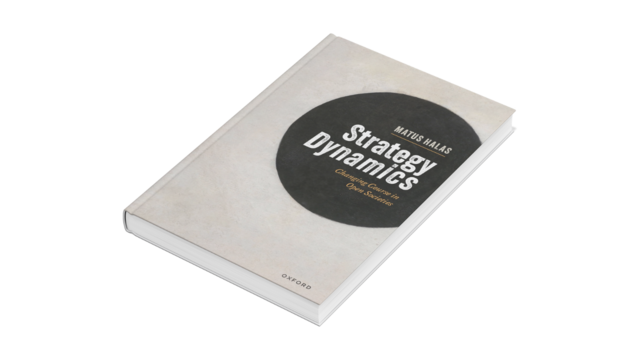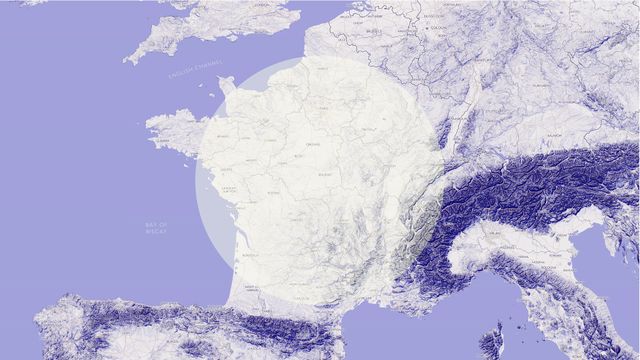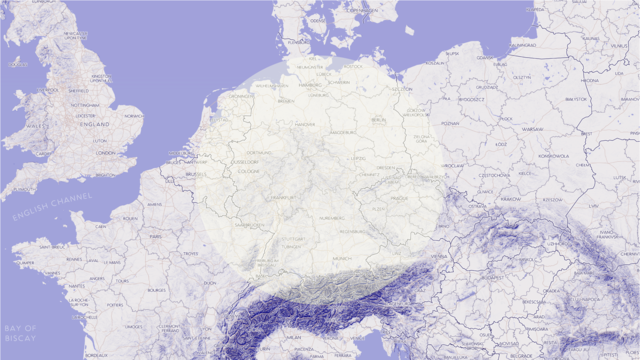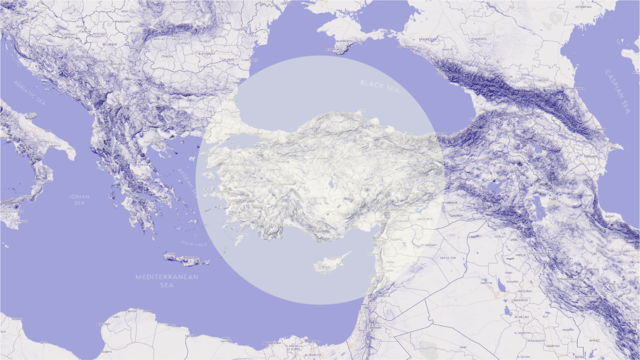How Does Identity Relate to Attitudes Towards Differentiation? The Cases of France, Germany, Czech Republic and Turkey

A new policy paper of our researchers Jan Kovář and Petr Kratochvíl just came out! It was written with a cooperation of Senem Aydın-Düzgit and under EU Integration and Differentiation for Effectiveness and Accountability (EUIDEA). The paper is called How Does Identity Relate to Attitudes Towards Differentiation? The Cases of France, Germany, Czech Republic and Turkey and focuses on the ways in which national identities shape attitudes towards differentiated integration.
It does so by examining four European countries. Two old member states of the EU, one relatively new member state and one candidate country – namely France, Germany, the Czech Republic and Turkey. It also observes how the impact of differentiated integration on European identity is perceived in these given countries in terms of preserving European identity (deepening), the dilution of European identity (disintegration) and the territorial/geographic limits of European identity (widening). By employing primary research and discourse analysis, the study finds that there is no single and monolithic national identity which produces a uniform attitude towards differentiated integration in member and candidate states, but rather that competing domestic national identity narratives produce differing attitudes within a state on differentiated integration. These national identity narratives can translate into starkly different policy positions concerning the policy area that is subject to differentiated integration, as well as on how differentiation is expected to impact the future of European integration and European identity.










